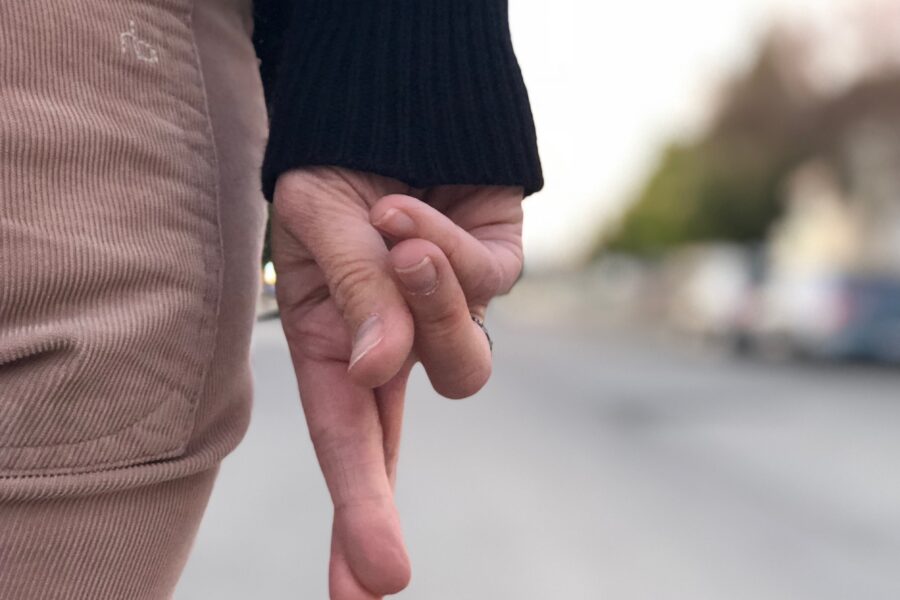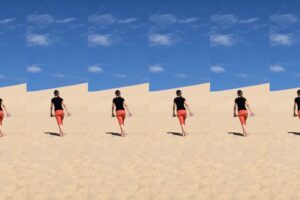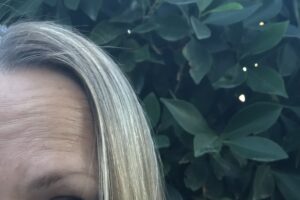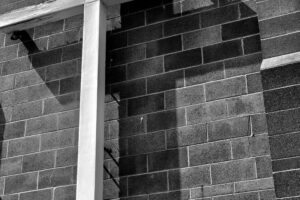The first time that I ever lied about my age was a couple of years ago. Up until that point–excluding my underage attempts to get into R-rated movies and be served alcoholic beverages– I’d been truthful about my years. The indiscretion in question happened when at my writing group. By the way, I love my writing group. I’ve been in this one, the Tuesday nighters, for about five years. The mix of scribes changes every now and then, people come and go, but it remains wonderfully diverse, just like the opinions offered and the genres written by its members. On this particular evening, we were sitting around shooting the breeze, waiting for the session to start. I don’t remember the nature of our conversation, but it led to one of my writing mates (male, early 40s) leaning over and quietly asking me, “You’re around 42, right?” Not even close. My 49th birthday was just weeks away, which meant I was staring down 50, which, well, is another decade entirely. But without missing a beat, I responded, “Um, yeah. Something like that.”
The first time I was discriminated against because of my age happened when I was 32. I had just moved to LA with my boyfriend (now husband) and desperately needed a job. A friend set me up for an interview at Diane Keaton’s company. It was an assistant position and I was overqualified, but I didn’t care. I mean, it was Diane Keaton for heaven’s sake. I met with her producer, who was the person I would ultimately report to. He was around 28 and had probably started as an assistant himself because he had the swagger of someone in the midst of a meteoric rise. Nonetheless, we had a great interview. The Q & A moved along effortlessly. I played down my work history, turned on my Canadian charm. And by the end of our meeting, I was pretty sure that the job was mine. But then, just as I stood up preparing to leave, he blurted out, “How old are you?” And despite knowing he wasn’t allowed to ask me that question, I piped up, “32.” Which, let me tell you, was not the number he wanted to hear because as soon as I said it he deflated like I had just stuck him with a pin. “Yeah,” he grimaced, sucking some air back in, “I don’t know if I feel comfortable having an assistant who is older than me.” And that was it. I walked out of the building and got into my car, heartbroken and angry. Looking down at my modest sweater set and my knee length skirt, I thought, Geez, I’m so stupid. I should never have worn this.
Reflecting on these two moments, 15 years apart, a couple of things come up for me. First, I lied about my age to a man, which disappoints me to no end. If a woman in the group had asked me my age, (and it would have been a peer or near-peer because younger women tend not to go there), I would have said, I’m almost 49, wtf, right? Crazy. Aging sucks, huh? And she would have likely replied, Wow, you look great. Or, Hell, yeah, tell me about it. The usual banter. But I didn’t do that. I avoided the truth because the person who wanted to know was a guy, and I was unwilling to reveal myself to be older than he imagined.
Second, instead of tracking down Diane Keaton, writing an impassioned letter and making a big stink about the blatant discrimination that occurred during my interview, I blamed myself. I blamed my pale blue, Anne Taylor, too-east-coast-for-LA outfit as being conservative and aging me up. Instead of clearing my throat and making a raucous noise over the bias, I let the bitter taste remain in my mouth. I sucked up my disappointment and went on to my next job interview. This time wearing a more girlish outfit; this time carrying inside me a new belief that young is better.
As I dig down to further examine these experiences, past my superficial responses and the nuances of each encounter, invisibility, more than anything, rises to the surface. The moment the producer learned my age, I ceased to exist. Our lively conversation, my qualifications and potential –whatever he liked about me–instantly vanished because of the too big, intangible number of 32. He was wrong to be so shortsighted. And I would love to go off on a tangent and psychoanalyze his behavior, coming up with all kinds of degrading reasons as to why he did what he did. But it doesn’t matter. He stopped seeing me. And even more damaging, I stopped seeing myself. Which, I believe, is what rose up in me that evening at my writing class. Out of fear that 49 versus 42 might render me obscure, less relevant, or even nonexistent, I lied. And in lying, I offloaded onto that poor guy my 15 years of baggage and robbed him of the opportunity to consider me for who I was, to wrestle with any judgment he might possess, or, here’s something, to surprise me and not give a damn. I took something from him. And what’s worse, I took something from myself: the opportunity to be me.
Ageism doesn’t begin at 15 or 25 or 50. Ageism begins the moment we stop seeing ourselves (and ultimately others) for who we are. The moment that who we are isn’t good enough. The moment we allow numbers–immaterial digits–to define our self-worth.
Stand tall. Been seen. Be honest.







